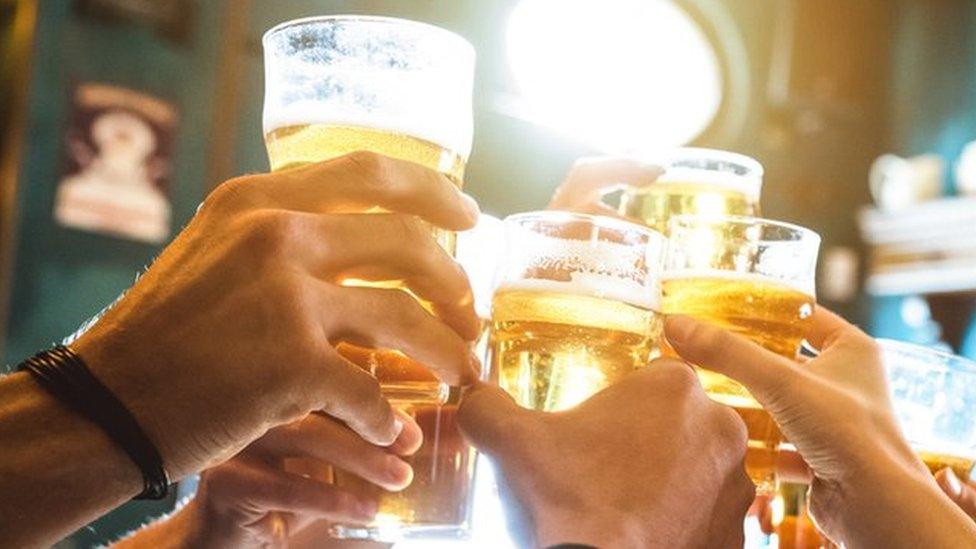Cambridgeshire Police had 25 drink spiking reports since July
- Published
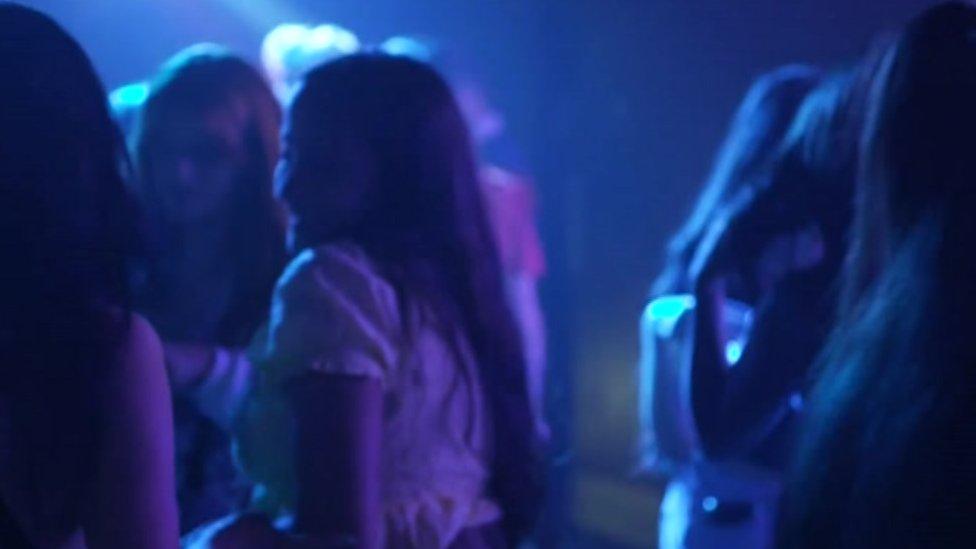
Cambridgeshire Police said it had seen an increase in reports of suspected drink spiking
A police force has received 25 reports since July from people who believe they have had their drinks spiked.
The figures were revealed by Cambridgeshire Police as a number of people in cities across England have reported the offence.
However, Supt Adam Gallop said the force had not received any reports of "needle spiking" which is being investigated in Nottingham.
He added that police wanted to "understand the extent of the problem".
Supt Gallop, the area commander for Cambridge city, said the opening up of pubs and clubs after the last coronavirus lockdown had led to increased reports of drink spiking.
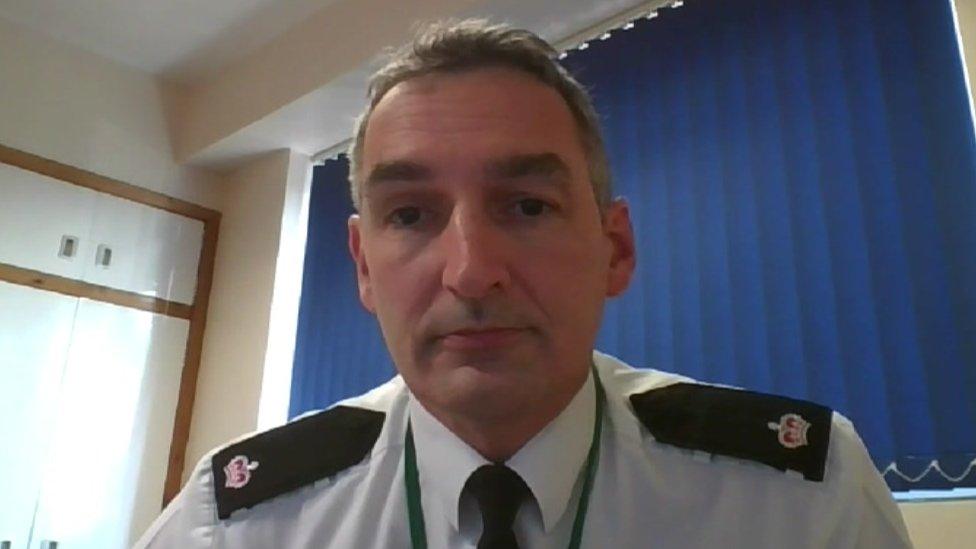
Supt Adam Gallop said the force wanted to get the message to men that predatory behaviour was unacceptable
He said: "We are trying to establish what it is, how it happens and where it is happening.
"It's very clear that women are reporting feeling some strange effects whilst on a night out, which they don't consider to be alcohol-induced because they are suffering memory loss or extreme illness."
He said the force was prioritising the spiking cases, but they were "not commonplace" in the county.

'Thought I was going to die'
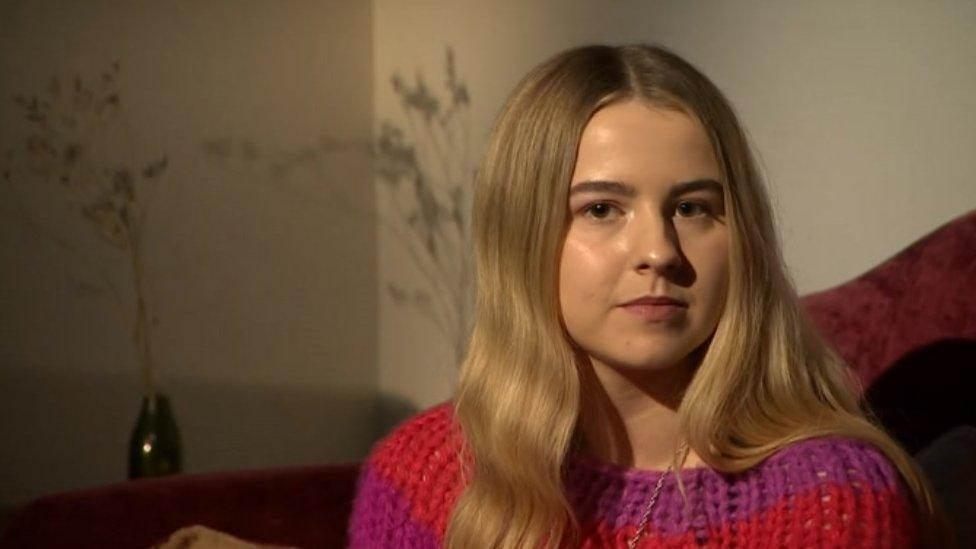
Cherry Rothwell said people did not take her seriously when she said her drink had been spiked
Cherry Rothwell, from Huntingdon, fears her drink was spiked on a night out during her second year at university in Norwich three years ago.
She said: "It was a normal night out. I got a drink, and then my memory goes blank for the next three hours. The next thing I remember was being paralysed in the back of a taxi on the way home.
"It's [still] a complete blank. I didn't realise there were three hours of my memory missing until the next morning when I checked my phone.
"I realised what time I had arrived at the event, and what time I left, and I was like, wow, there were three hours I didn't remember at all.
"I couldn't move parts of my body, which had never happened to me before, and there was a point where I really thought I was going to die.
"One of the biggest issues with spiking is that people don't believe women. Particularly on the night, I feel like my experience would've been very different if anyone I'd encountered on that night had taken us seriously."


Find BBC News: East of England on Facebook, external, Instagram, external and Twitter, external. If you have a story suggestion please email eastofenglandnews@bbc.co.uk, external
- Published22 October 2021

- Published22 October 2021
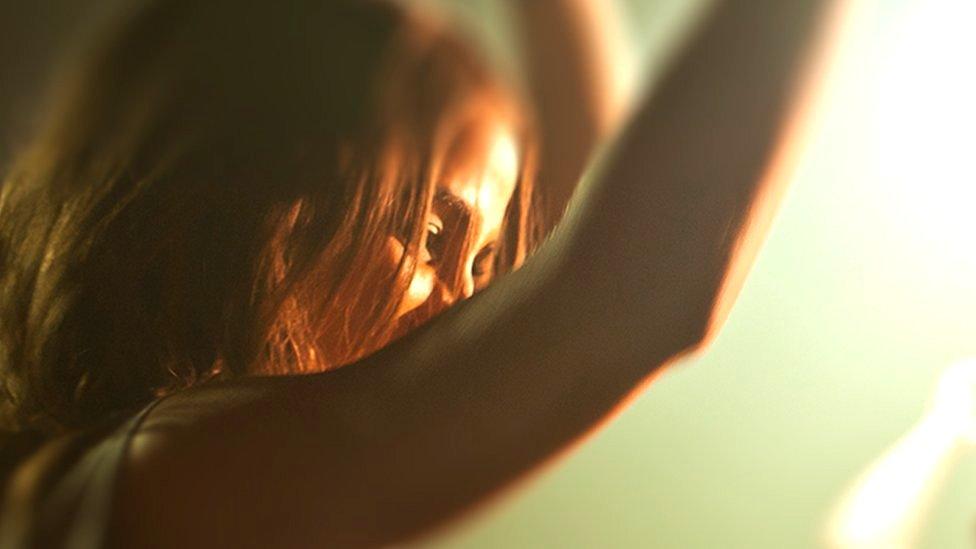
- Published22 October 2021
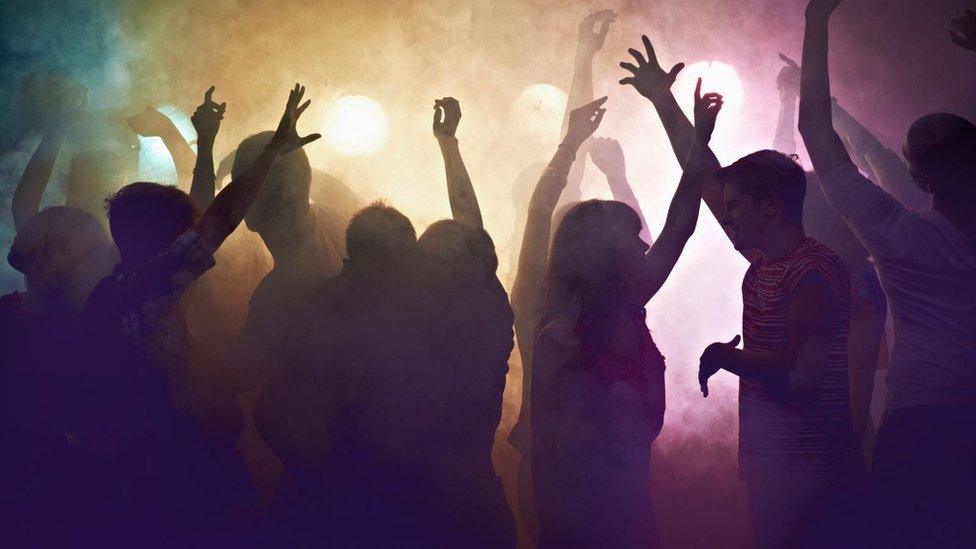
- Published20 October 2021
